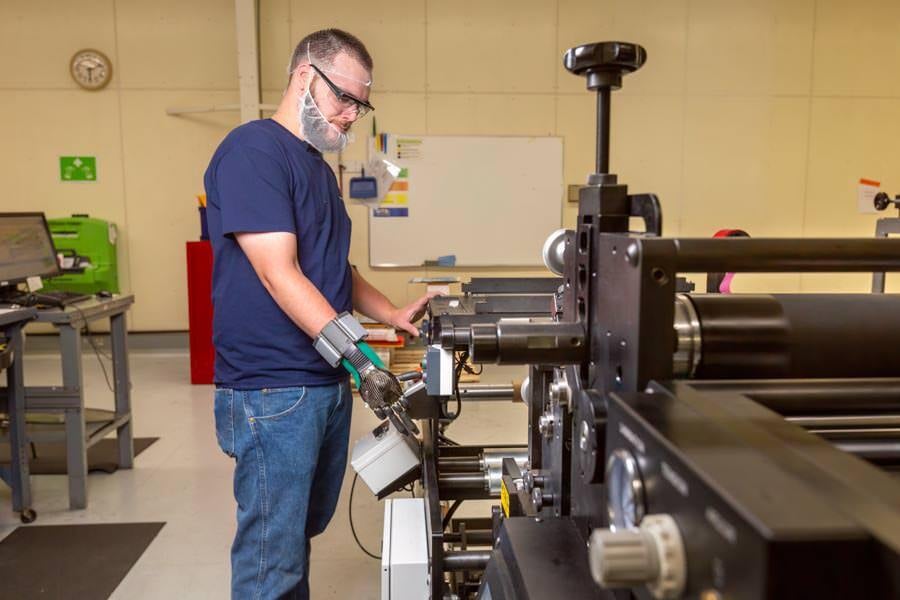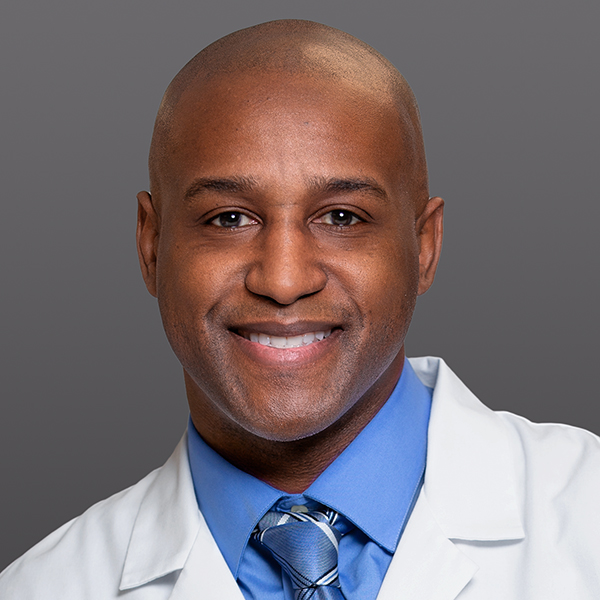Many things change after an amputation. Your relationship with your body. Your goals. Even your outlook on life can change. While there is no way to predict how each individual will change after a traumatic, surgical or elective amputation, we thought it might be helpful to read about other peoples’ experiences to give you a better idea of what to expect.
You may return to work and then decide later to pursue something different. You may return to work and find challenges. Or you could end up pursuing an entirely different career.
Gerry Kinney was injured on the job in 2015. As a lineman, he was electrocuted and lost both arms below the elbows. But he wasn’t about to slow down. After recovering and learning to use his prostheses, he went back to work as a lineman instructor. “After just one year of working as an instructor, in just a short amount of time, the skin on the boney part of my arm tore off. Most of the weight of my prosthesis, even with a silicone socket, was just causing an issue.” Gerry’s temporary solution? A bandage. “But having to apply a bandage every day when you’re a bilateral amputee — it got old.” Gerry chose to have surgery to fix the issue, even though it was his 10th procedure.
The surgery shortened his limb, eliminating the boney area and using his natural soft tissues to act as a cushion. But after the surgery, Gerry concluded the demands of being an instructor were more challenging than he had expected. “Even as an instructor, the working conditions were intense, and the hours were long. I decided that it wasn’t worth it to work that hard and potentially damage my limb again — or worse.”
Gerry hasn’t let his amputations and surgeries slow him down. He handles a range of projects on his small ranch and is a skilled welder:
Alex Krueger (pictured below) was also injured on the job in 2015. His hand was amputated through-the-palm following a paper shredder accident. Alex returned to work after recovering from his injury, but his company moved him to a different position. Now Alex had a steep learning curve ahead of him — he needed to learn a new job and how to use a prosthesis to do it.
Alex was able to thrive because his clinical therapy specialist was there from the first fitting of his prosthesis. She was able to help him learn how to use his prosthesis so that when he returned to work and was faced with entirely new tasks, he could take on each of them with confidence. The new position turned out to be a better fit for Alex, but the hurdle of learning to use a prosthesis on the job was daunting at first.
Merlyna Valentine (pictured at the top of this article, wearing her passive silicone restorations) was working as an elementary school principal in 2007 when she ended up in the hospital with sepsis. After trying to save her limbs, doctors had to amputate both arms below the elbow and both legs below the knee. Eventually, with the help of her prostheses and her supportive husband, Merlyna returned to her job.
But Merlyna’s experience changed her, and she decided to move on. As she writes on her website, “Change chose me.” She founded Merlyna Valentine Consulting and now travels across the country as a motivational speaker and an educational consultant and coach.
Each of these individuals had a life-changing experience and they were able to embrace that change and better their lives. You or someone you care for may have also had a life-changing experience. Over time, what seems like a struggle can lead to a new and better outcome.
All of these individuals benefitted from not only the prosthetic care that our centers provided, but also the holistic care we give to each of our patients. This includes screenings like The Wellness Inventory, which addresses the emotional impact of limb loss. These types of screenings can help us know which support services or what type of peer support would be most helpful to each, unique patient.
If you or someone you know is in need of prosthetic care, please contact us. We have successfully helped many people return to work and aided them in the pursuit of their hobbies and goals. If you have a story about returning to work and finding that things are different than what you were expecting, please leave a comment for your peers below.





%20President%20and%20Senior%20Clinical%20Director.jpg?width=600&height=600&name=John%20M.%20Miguelez%2c%20CP%2c%20FAAOP(D)%20President%20and%20Senior%20Clinical%20Director.jpg)










No Comments Yet
Let us know what you think